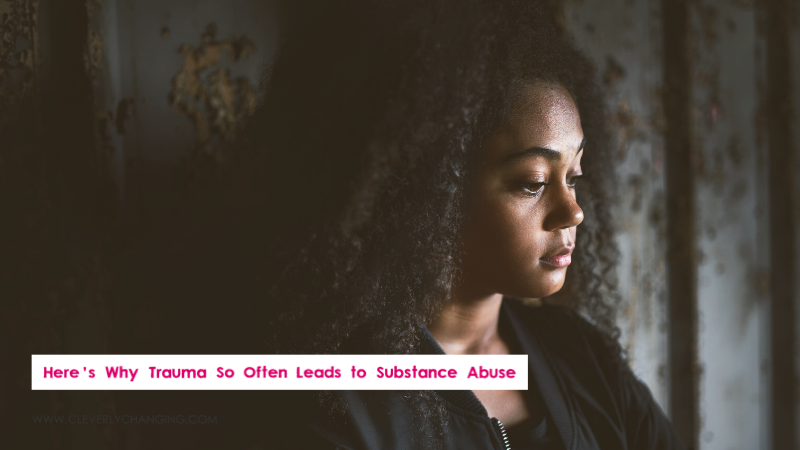Trauma is a powerful force that can shape the course of an individual’s life, leaving deep emotional scars that may linger for years. Unfortunately, for some, the aftermath of trauma can manifest in destructive ways, with substance abuse often becoming a coping mechanism. The intricate relationship between trauma and substance abuse is a topic that has garnered significant attention in both the psychological and medical communities. Understanding why trauma so often leads to substance abuse is crucial in developing effective interventions and support systems for those grappling with these interconnected challenges.
The Impact of Trauma
Trauma comes in many forms, ranging from physical and emotional abuse to natural disasters and accidents. When individuals experience trauma, their mental and emotional well-being is profoundly affected. The psychological aftermath can include symptoms of post-traumatic stress disorder (PTSD), anxiety, depression, and a diminished sense of self-worth, all underscoring the need for residential treatment for addiction and trauma. More often than not, coping with these overwhelming emotions can prove to be an arduous task, leading some individuals to seek solace in substances such as alcohol or drugs.
The Escapism of Substance Abuse
One of the primary reasons trauma often leads to substance abuse is the desire for escape. Individuals grappling with the aftermath of trauma may find themselves overwhelmed by intrusive thoughts, nightmares, and a constant state of hyperarousal. Substances like alcohol or drugs offer a temporary reprieve from this emotional turmoil, providing a numbing effect that allows individuals to distance themselves from the painful memories and emotions associated with their traumatic experiences.
Self-Medication and Coping Mechanisms
Another key factor in the connection between trauma and substance abuse is the instinct for self-medication. Those who have experienced trauma may struggle with overwhelming emotions and may turn to substances as a way to regulate their mood or manage symptoms of anxiety and depression. The immediate relief provided by substances can create a cycle of dependence, as individuals increasingly rely on these substances to cope with the ongoing challenges posed by their traumatic experiences.
The Impact on Brain Chemistry
Neuroscience plays a significant role in understanding the relationship between trauma and substance abuse. Trauma can alter the brain’s reward system and stress response, making individuals more susceptible to the reinforcing effects of substances. The brain’s chemistry may be fundamentally changed, leading to an increased vulnerability to addiction. This neurological impact further complicates the challenge of overcoming substance abuse for those who have experienced trauma.
Final Thoughts On Why Trauma So Often Leads to Substance Abuse
Recognizing the link between trauma and substance abuse is the first step toward developing effective interventions that address the root causes of these intertwined challenges. Providing support, understanding, and evidence-based therapies that address both trauma and addiction can empower individuals to break free from the cycle of self-destructive behaviors and build a foundation for lasting recovery. As we continue to unravel the complexities of this connection, it becomes clear that a compassionate and comprehensive approach is essential to helping those who have experienced trauma find healing and reclaim control over their lives.



